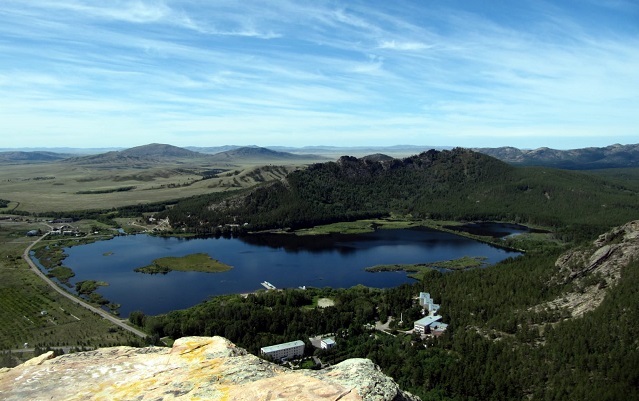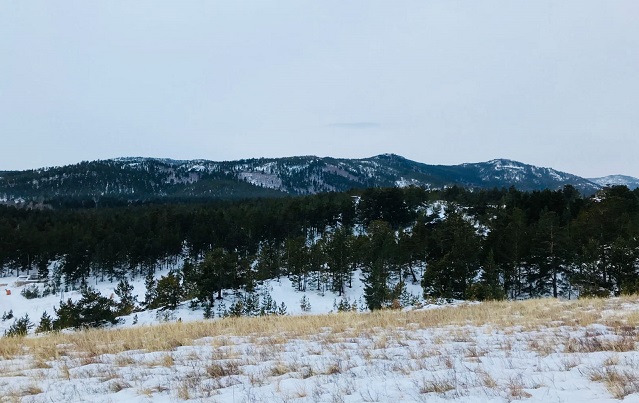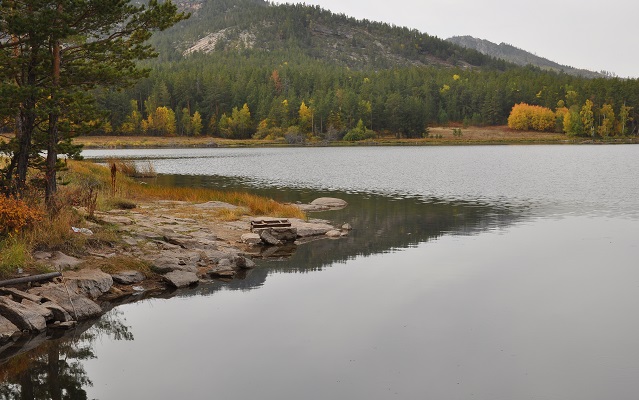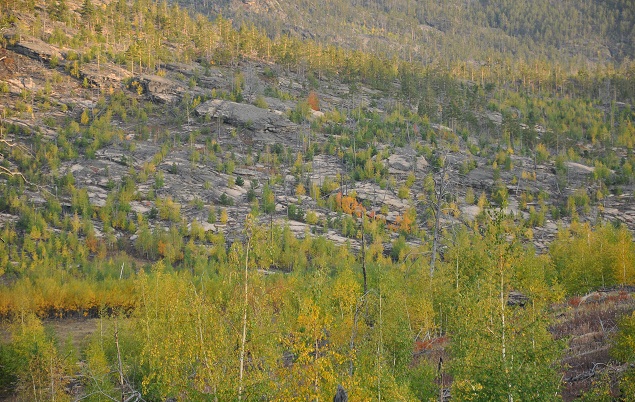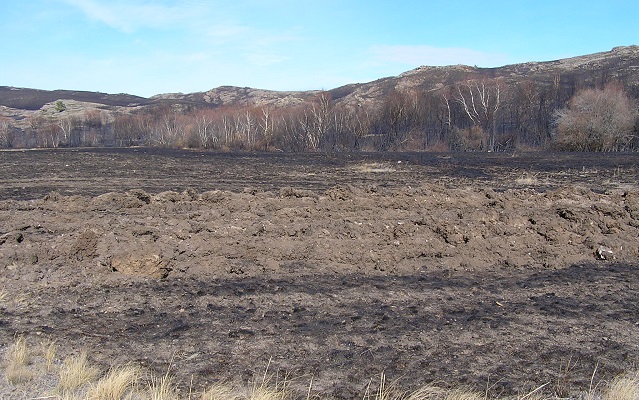Citizen EbA plan for Karkaralinsky District in Kazakhstan
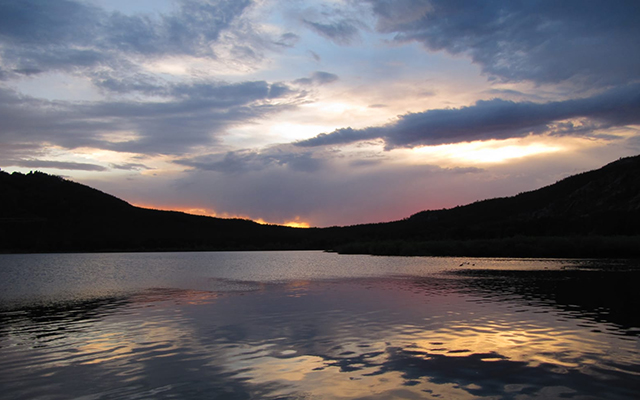
Kazakhstan is the breadbasket of Central Asia, but the fast-changing climate increases the risk of natural hazards and threatens water security. This IKI Small Grants project introduces a bottom-up approach to bring local people and municipalities in the Karkaralinsky District of Karaganda region together to develop local plans for ecosystem-based adaptation (EbA). EbA measures aim to support people in adapting to the effects of climate change with the help of healthy ecosystems. To achieve this, ecosystems are conserved, restored, and used sustainably. The project involves people from different backgrounds in a participatory process to raise awareness about the impacts of climate change and how to adapt to climate-related hazards. It also serves as blueprint for replication of similar citizens activities in other districts of Karaganda region and other parts of Kazakhstan.
INITIAL SITUATION
Around 15 per cent of the population in Kazakhstan are employed in the agricultural sector, providing food for large parts of Central Asia. However, the fast-changing climate increases the risk of natural hazards and threatens water security. Karkaralinsky District is located in Karaganda region. The territory is characterized by a pronounced lack of moisture due to a short spring flood and a decrease in rivers runoff from summer to winter that often lead to water shortages. With a powerful extractive industry and extensive livestock farming, the district’s economic structure is typical for Kazakhstan and the Karaganda region. For most local people, household farming activities like kitchen gardening and cattle breeding are very important sources of livelihood. Karkaralinsky District also has a small forest area, which is managed as a national park that is very important for the conservation of biodiversity and for recreational activities.
TARGET GROUP
Direct beneficiaries of the project are around 500 to 1,000 small scale and subsistence farmers, teachers and their students, and local organizations.
APPROACH AND ACTIVITIES
Awareness and knowledge about the impacts of climate change are low among many decision makers and local people. Adaptation efforts are usually limited to top-down measures that not always reflect the needs of the local communities. This makes the design and implementation of effective adaptation measures more difficult. This IKI Small Grants project introduces a bottom-up approach to bring local people and municipalities in the Karkaralinsky District together to develop local ecosystem-based adaptation plans. People with different backgrounds will be involved in a participatory process to raise awareness about the impacts of climate change and how to adapt to climate-related hazards. Targeted trainings equip them with solid understanding of climate change and its local impacts. They also learn new ways of dealing with draughts, shortage of water or forest fires and how to use efficiently use irrigation techniques in greenhouses to increase food security. The implementation of this project will give a strong basis for replication of similar citizens activities in other districts of Karaganda region and other parts of Kazakhstan
LATEST PROJECT HIGHLIGHTS AND IMPACTS
- Project finalized.
- Adaptation plans for both the national park and the region were prepared in a participatory manner
- implemented with the support of local state stakeholders was confirmed
- Joint field research for the preparation of an EbA plan with experts from the Global Forest Coalition
- Training of 12 youth representatives under a session called ‘Ecosystem Approach’
- Training of trainers for two ECOCENTER specialists with regards to the EbA approach
ABOUT THE ORGANISATION
ECOCENTER was founded in 1992 and registered as a public association. Its mission is to promote environmentally sound and sustainable development of the Republic of Kazakhstan by supporting and developing non-governmental organisations while integrating the efforts of NGOs, government agencies and the population.

